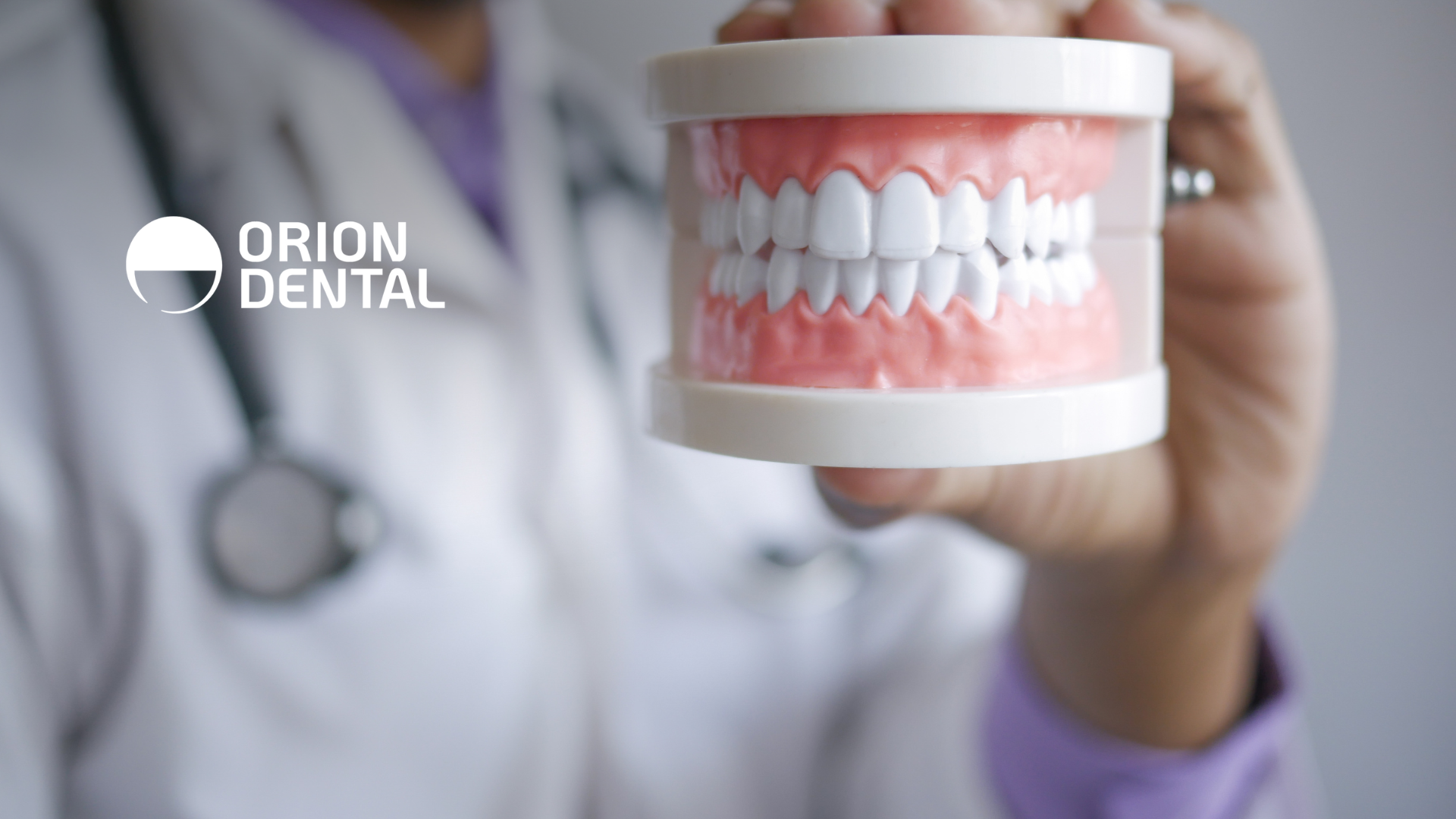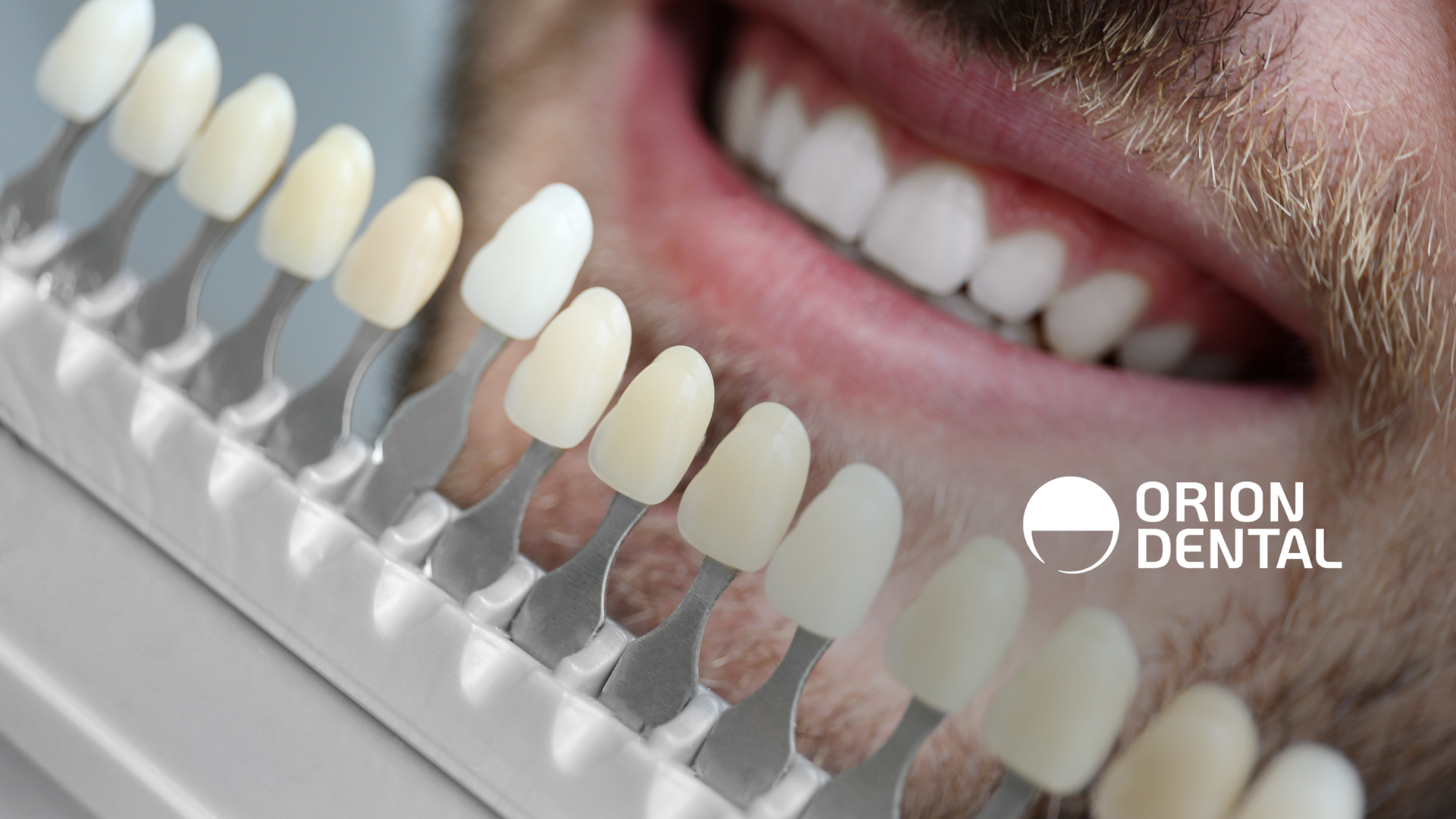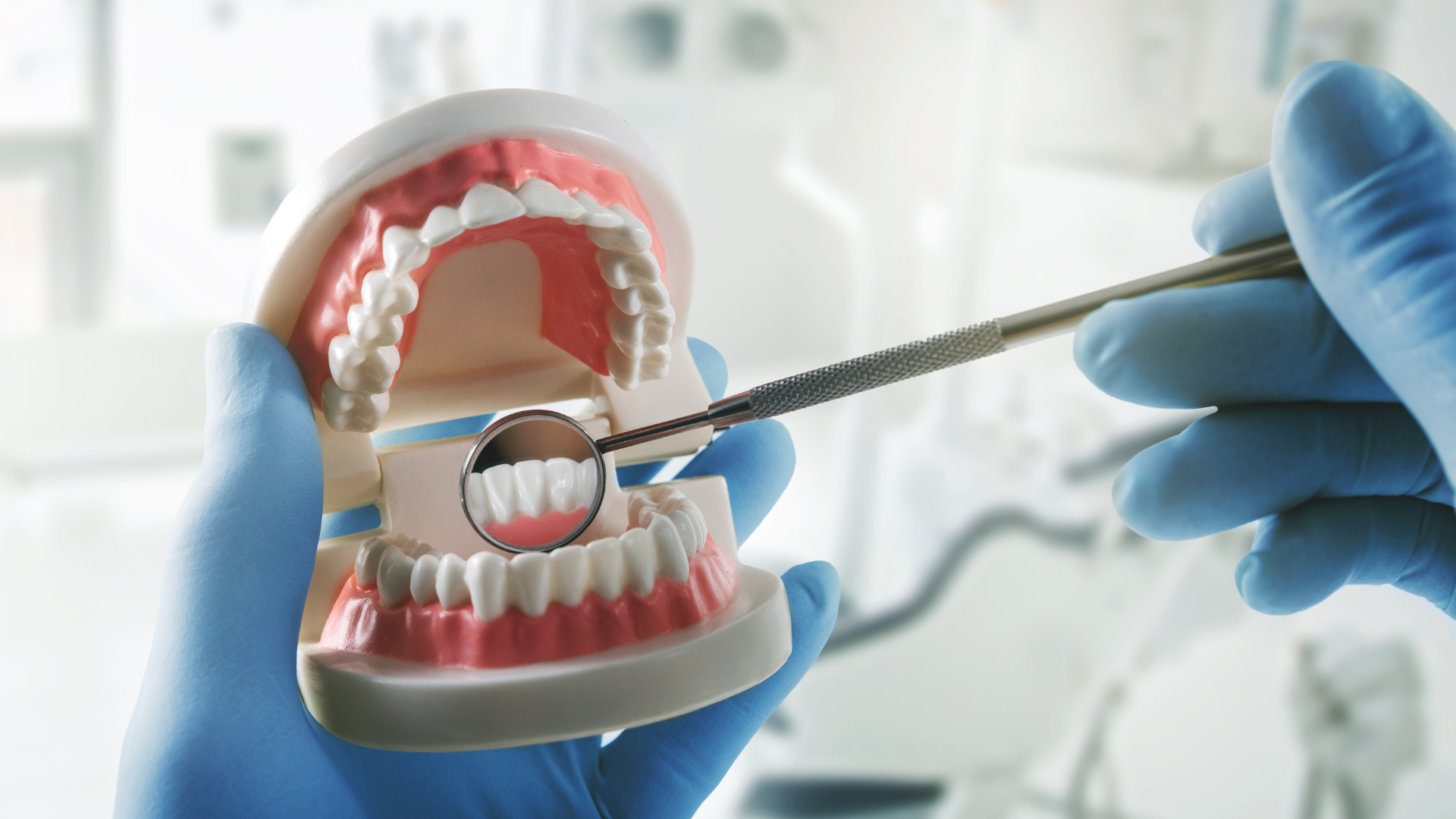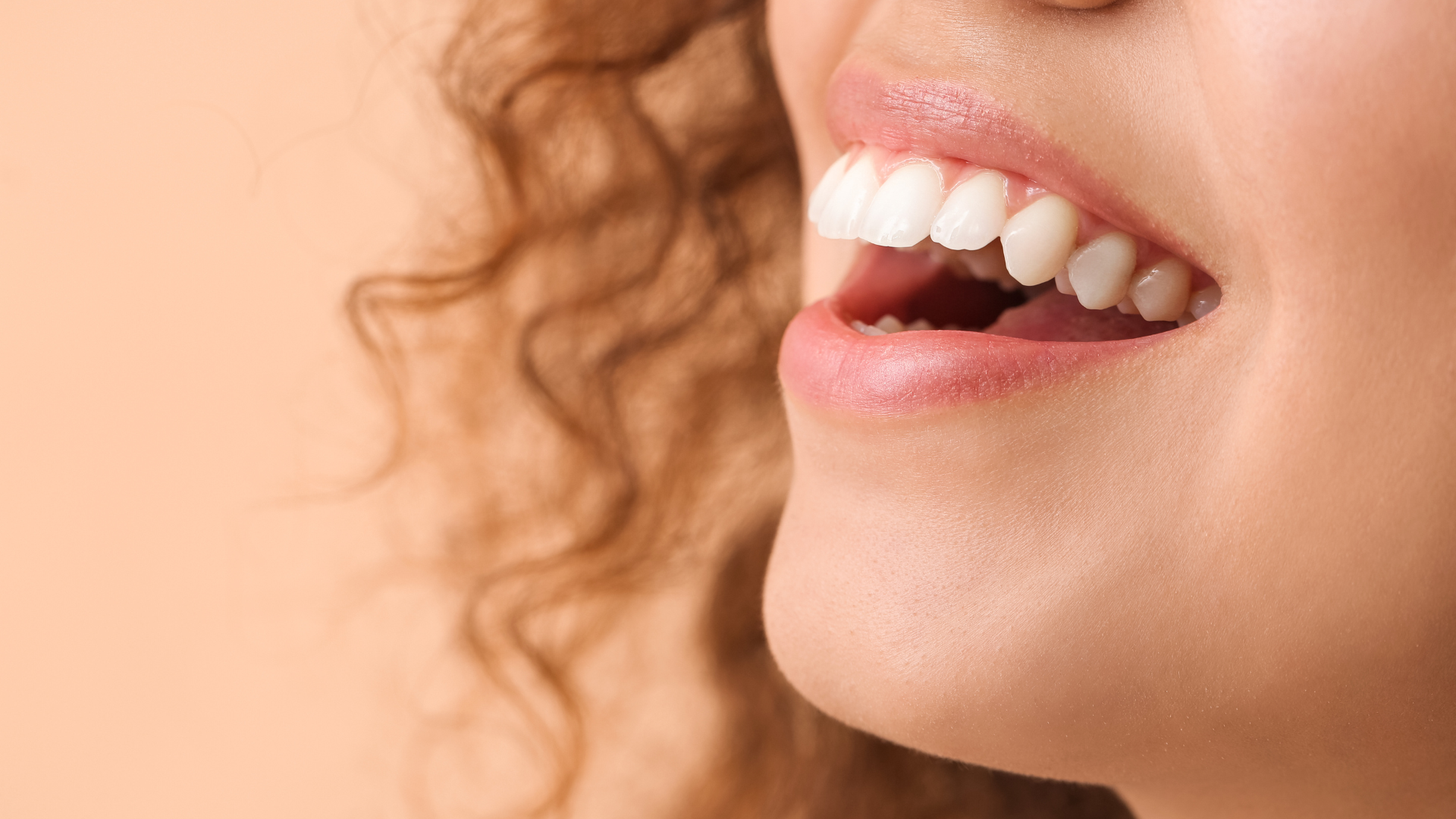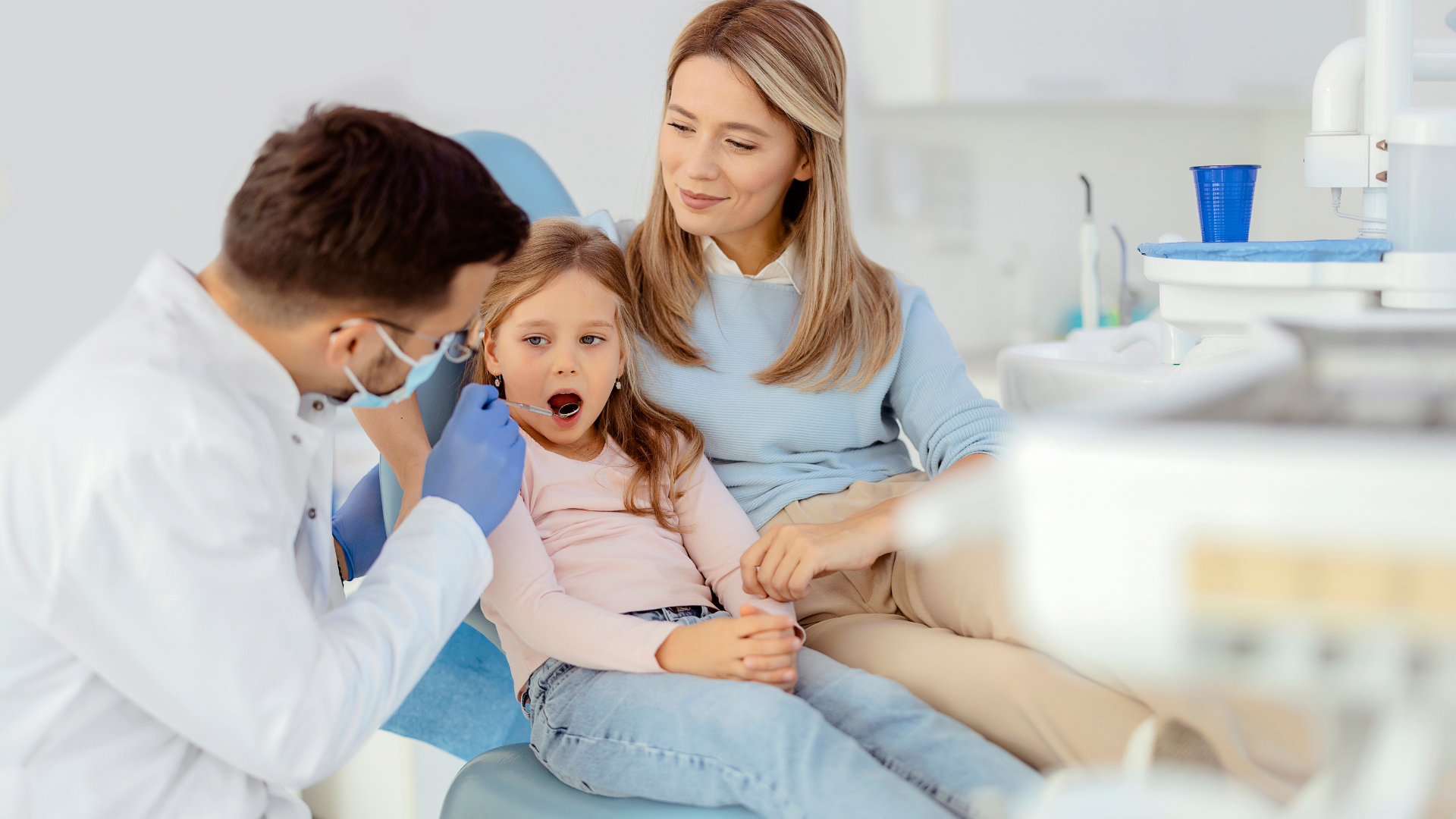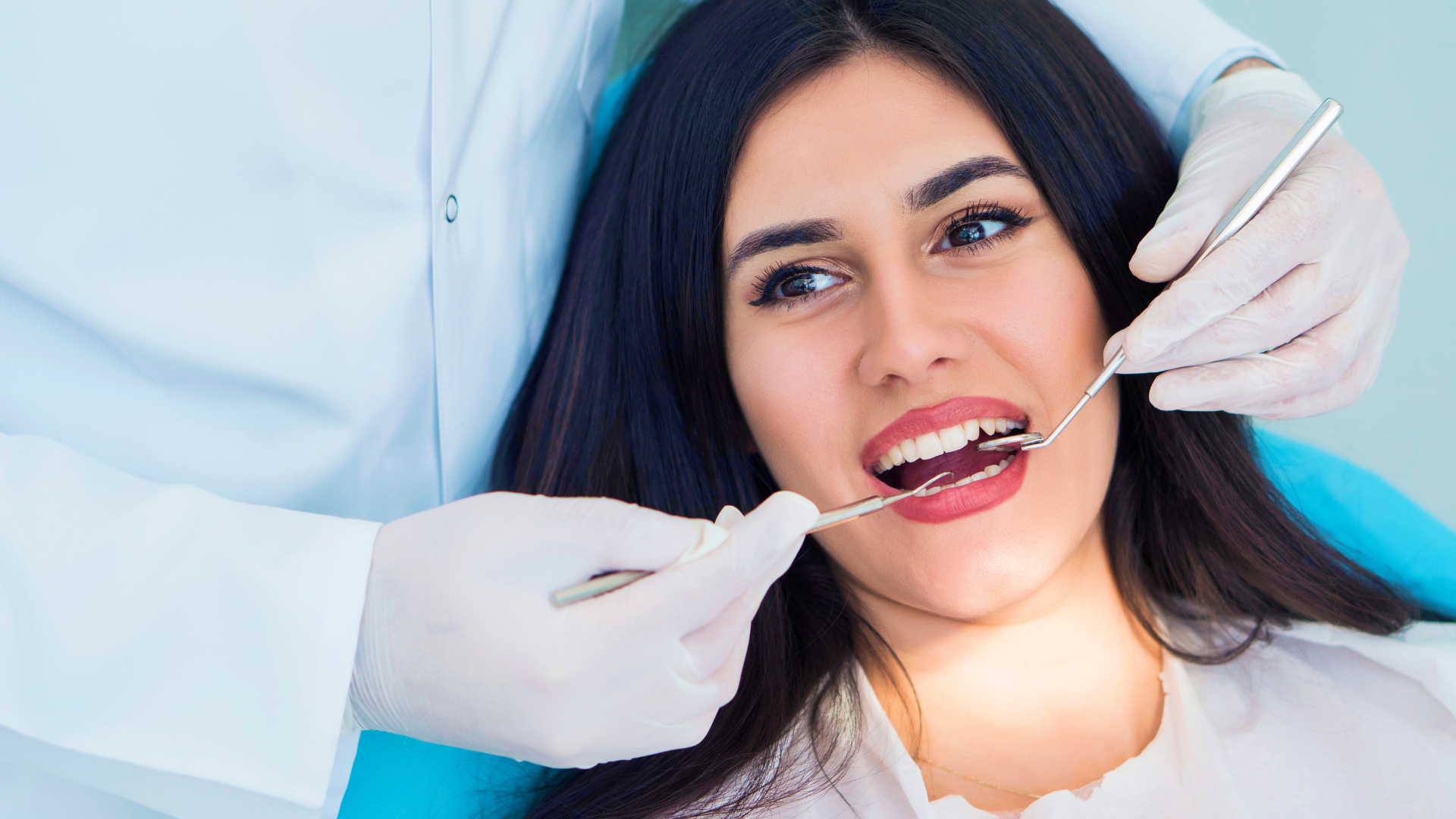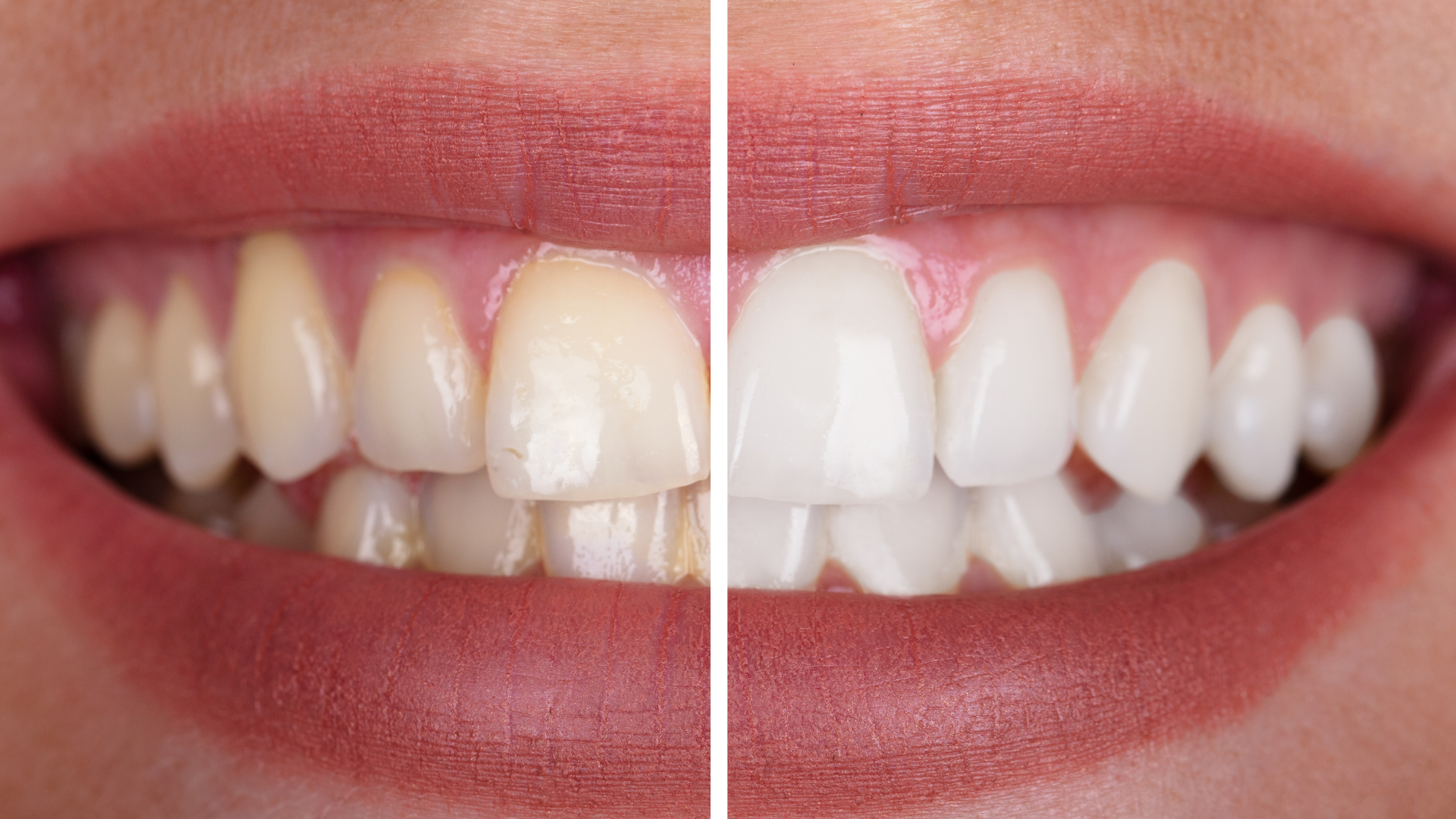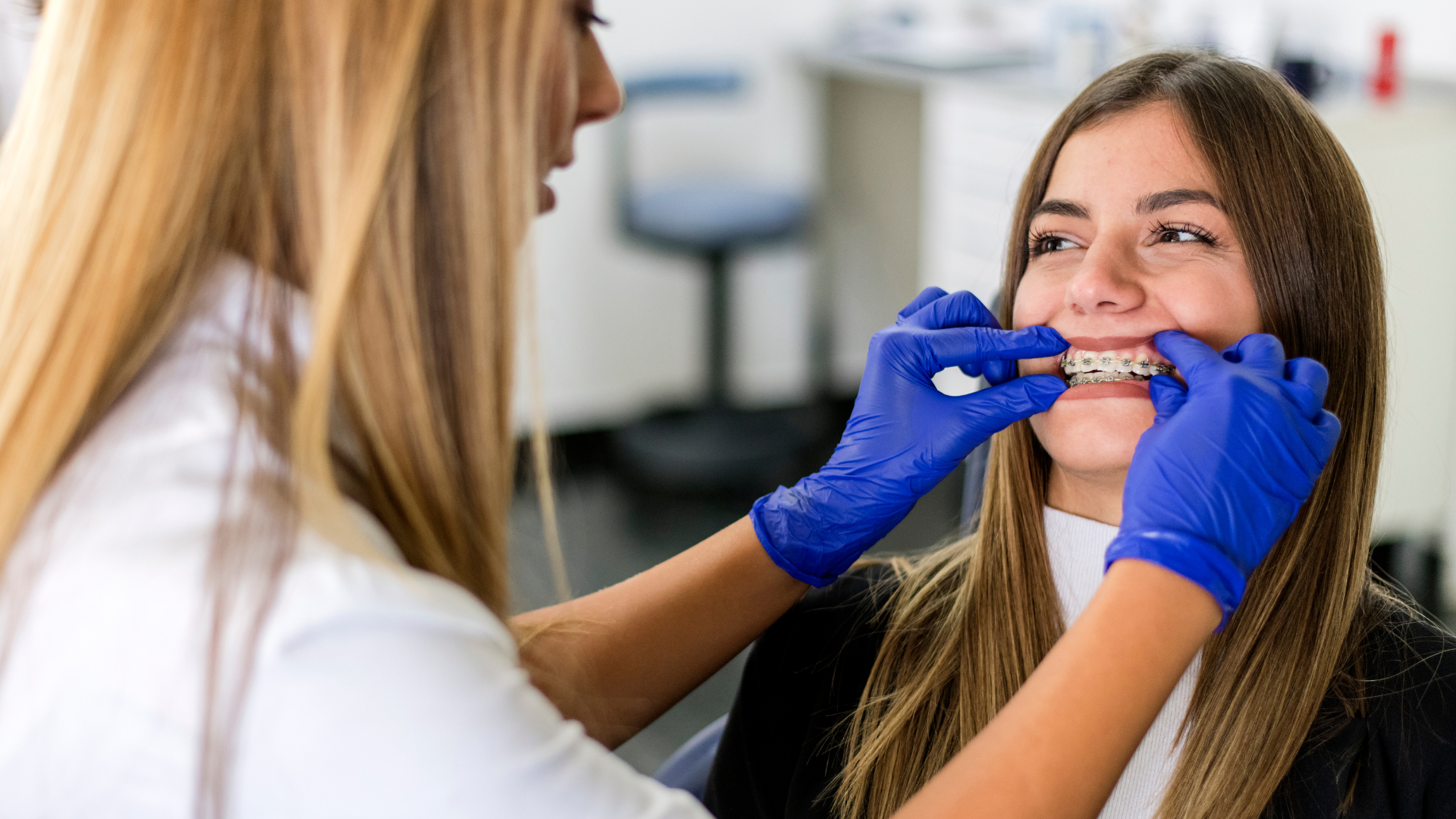Preventing Tooth Decay in Los Alamitos CA
Tooth decay, also known as "dental caries or cavities", is a prevalent oral health issue faced by many, from the bustling streets of New York to the sunny neighborhoods of Los Alamitos, CA. It starts as a small issue – a tiny discoloration or a minor pain while enjoying your favorite cold treat. However, when left untreated, this seemingly minor problem can develop into severe dental complications, affecting our overall health and well-being.
Imagine a world where every bite, every smile, and every word spoken isn’t tainted by the discomfort of dental issues. The dream isn't too far-fetched if we pay heed to the importance of prevention. The old saying, "An ounce of prevention is worth a pound of cure," couldn't be more apt when discussing tooth decay. Taking proactive measures not only safeguards our pearly whites but also saves us from potential pain and hefty dental bills in the future.
In the picturesque community of Los Alamitos, CA, Orion Family Dental stands as a beacon of hope and guidance on this front. Through this post, we will delve deep into understanding tooth decay, backed by valuable insights from the
American Dental Association (ADA). We'll explore why prevention is paramount, the role of technology in contemporary dental care, and the lifelong benefits of maintaining stellar oral health. So, whether you’re a parent, an adult, or a senior, there’s something here for everyone to ensure that radiant smile never fades.
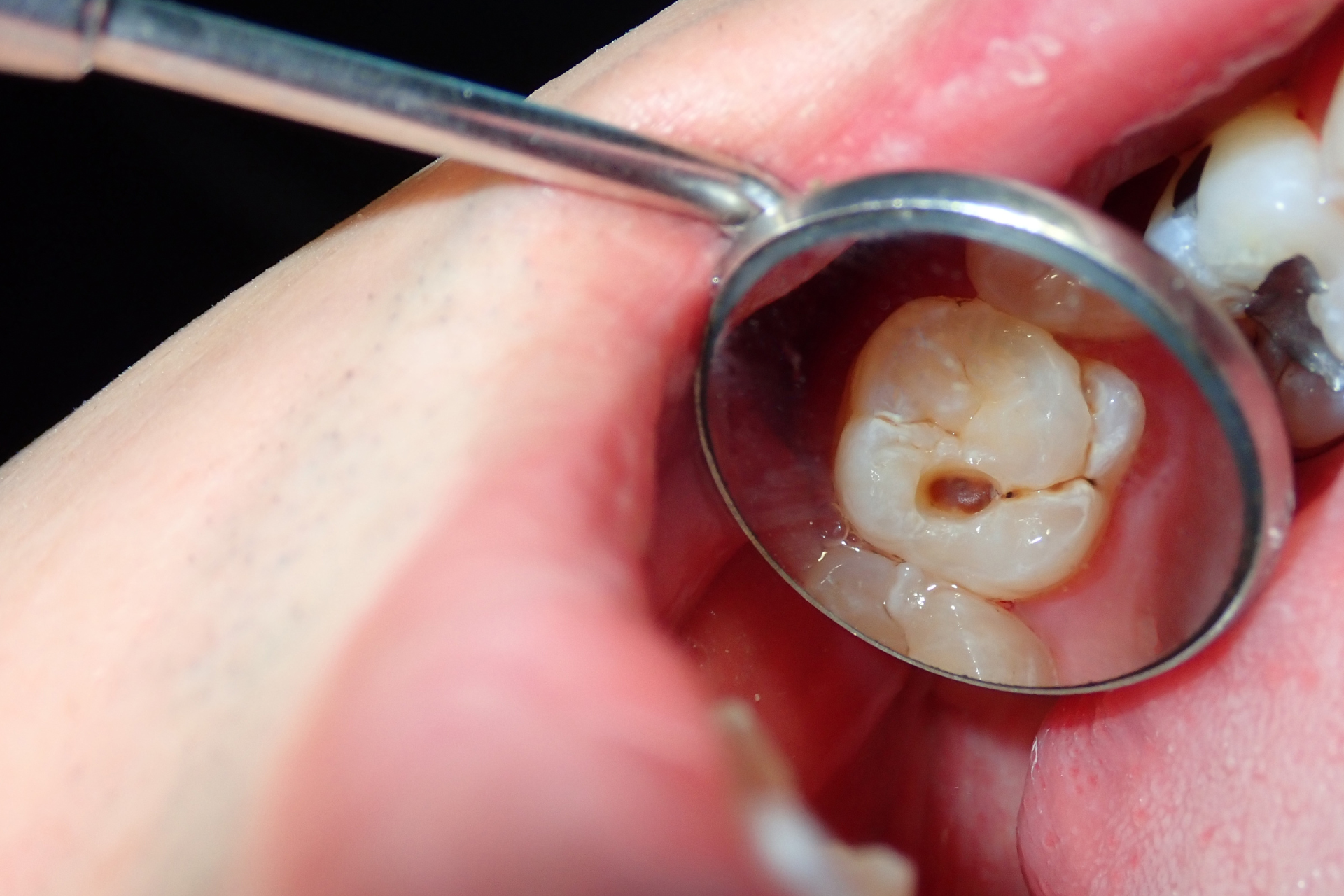
American Dental Association (ADA) on Dental Decay
The American Dental Association, commonly referred to as the ADA, stands tall as an authoritative figure in the realm of dental health. Founded in 1859, the ADA represents more than 163,000 dentist members, making it the largest and oldest national dental association globally. Throughout its illustrious history, the ADA has been committed to promoting oral health, advancing the science of dentistry, and elevating the dental profession's ethical standards. This unwavering dedication has cemented the ADA's credibility as a premier source of dental health information for both professionals and the general public.
Turning our attention to the pressing issue at hand—dental decay—the ADA provides a wealth of knowledge and statistics. According to the ADA's recent data:
- Tooth decay in children: Tooth decay remains the most common chronic disease among children aged 6 to 19 years. A startling 20% of children in this age bracket have untreated cavities. Such figures emphasize the dire need for early preventive measures and education.
- Impact on school performance: The repercussions of dental decay aren’t restricted to oral health alone. The ADA's studies highlight that children with poor oral health are almost three times more likely to miss school due to dental pain.
- Preventive care's pivotal role: On a brighter note, the ADA also reports that children who receive regular dental care and preventive treatments, like sealants, exhibit a significant reduction in the incidence of cavities.
Such statistics underscore the rampant nature of dental decay, especially among our younger generation. It's evident that tooth decay isn't just an individual's concern; it's a public health challenge. But with organizations like the ADA and dedicated dental practices like Orion Family Dental in Los Alamitos, CA, there's hope in turning the tide against this widespread ailment.
The Significance of Regular Dental Visits
Regular dental visits, much like routine health check-ups, play a pivotal role in maintaining our overall well-being. Often, we only think of visiting a dentist when we experience discomfort or noticeable issues with our teeth. However, by then, minor issues may have already escalated. Let’s delve into why these timely dental check-ups are a cornerstone of oral health.
- Early Detection of Dental Issues - Timely dental check-ups enable professionals to detect and diagnose potential problems in their infancy. Whether it's a burgeoning cavity, gum inflammation, or the earliest signs of oral cancer, catching these issues early can be the difference between a minor treatment and a major procedure.
- Benefits of Professional Cleanings - No matter how diligently we brush and floss, there are hard-to-reach areas and stubborn deposits that only a professional cleaning can address. Dental hygienists utilize specialized tools to remove plaque and tartar, preventing gum diseases and cavities. Additionally, these cleanings often come with polishing that leaves your teeth looking brighter and feeling smoother.
The Advent of Advanced Technology in Dental Care
The field of dentistry has witnessed revolutionary advancements over the past few decades. From the rudimentary tools and methods of yesteryears, we have transitioned into an era where technology has dramatically reshaped how dental care is administered. Let's dive into the fascinating world of contemporary dental technology and explore its manifold benefits.
Introduction to the Latest Dental Technology
- Digital X-rays: Faster and safer than traditional X-rays, digital radiography offers clearer images instantaneously, all while exposing patients to significantly less radiation.
- Intraoral Cameras: These are pen-sized, camera-tipped wands that allow dentists to view clear, precise images of hard-to-see areas, ensuring nothing escapes their vigilant eyes.
- Laser Dentistry: Used for a variety of procedures ranging from cavity treatment to gum reshaping, lasers offer precision without the need for drills or incisions.
- 3D Printing: Custom dental implants, bridges, crowns, dentures, and even orthodontic devices can now be fabricated using 3D printing technology, ensuring a perfect fit every time.
Less Intrusive Dental Procedures
The hallmark of modern dental technology lies in its minimally invasive nature. Gone are the days of dreaded drills and extended recovery periods.
- Painless Injections: Computer-assisted anesthesia systems, like The Wand, have made dental injections virtually painless, eliminating the fear associated with needles.
- Teeth Straightening without Braces: Clear aligners, such as Invisalign, have made it possible to straighten teeth without the noticeable metal braces, offering both discretion and comfort.
Benefits of Advanced Technology
- Efficiency and Accuracy: Modern technology allows for swifter procedures with heightened accuracy, minimizing the margin of error.
- Comfort and Reduced Anxiety: Many of the advanced tools and equipment are designed to be quieter and gentler, thus reducing anxiety and discomfort for patients.
- Enhanced Aesthetics: Technologies like teeth whitening systems and porcelain veneers offer solutions for a brighter, more confident smile in minimal time.
- Durability: Modern dental solutions are not only aesthetically superior but are also built to last, ensuring patients reap the benefits for longer.
Incorporating these state-of-the-art technologies, Orion Family Dental in Los Alamitos, CA, is at the forefront of delivering top-notch dental care. Embracing the latest advancements ensures that our patients receive the best possible care, with treatments that are efficient, less intrusive, and designed to keep their smiles radiant. The future of dental care is here, and it promises a seamless, comfortable experience for all.
Dental Education: The Diet Connection
The food we consume plays a pivotal role not just in our overall health but particularly in the health of our teeth and gums. Often, dental health is compartmentalized, separated from the broader spectrum of nutrition and diet. However, a holistic approach recognizes the profound connection between our dietary choices and oral well-being.
ADA Recommendations on Beneficial Foods for Dental Health
- Calcium-Rich Foods: The ADA recommends foods rich in calcium, such as milk, yogurt, cheese, and fortified plant-based alternatives. Calcium fortifies the enamel and provides necessary minerals that help repair teeth.
- Fibrous Fruits and Vegetables: Foods like apples, carrots, and celery help in cleaning teeth and combat bad breath. The fibers in these foods stimulate saliva production, the mouth's natural defense against cavities.
- Green Tea: Contains compounds that fight harmful bacteria in the mouth, thereby preventing cavities.
- Nuts and Seeds: Almonds, walnuts, and sesame seeds are excellent sources of essential minerals and reduce tooth decay.
Foods and Habits to Steer Clear From
- Sugary Snacks and Beverages: Consumables like candies, especially the sticky variety, sodas, and sugary cereals, are detrimental as sugar feeds the harmful bacteria in the mouth, leading to cavities.
- Acidic Foods and Drinks: Citrus fruits, coffee, and acidic sodas can erode enamel over time. It's advisable to consume them in moderation and not let them linger in the mouth.
- Alcohol and Tobacco: Apart from general health reasons, both can dry out your mouth. A dry mouth lacks saliva, crucial for keeping the mouth's pH balanced and washing away food particles.
At-Home Dental Care Routines
Your home dental care routine is the first line of defense against oral health issues. It’s the day-to-day, morning-and-night regimen that can set the tone for your dental well-being. The significance of these practices can’t be overstated, so let’s explore the nuances of an effective at-home dental care routine.
Importance of a Consistent Routine
Consistency is paramount when it comes to dental health. Just as a single meal doesn't lead to cavities, a single brushing session won't ensure optimal oral health. It's the repeated neglect or care that accumulates over time, leading to either dental issues or a radiant smile. Regular routines help:
- Combat plaque build-up: Daily brushing and flossing remove plaque that, if left unchecked, can harden into tartar, leading to cavities and gum disease.
- Maintain fresh breath: Regular cleaning keeps bacteria in check, which, in turn, prevents bad breath.
- Preserve the natural whiteness of teeth: Consistent cleaning prevents staining from daily consumables like coffee, tea, and wine.
Recommended Products and Practices
- Toothbrush: Opt for a soft-bristled brush that can clean without eroding the enamel or harming the gums. Electric toothbrushes can provide a more thorough clean, especially for those who struggle with manual brushing.
- Toothpaste: Use fluoride toothpaste, as recommended by the ADA. Fluoride helps strengthen enamel and prevent decay.
- Flossing: Daily flossing is crucial to clean the spaces between teeth where a toothbrush can't reach.
- Mouthwash: A fluoride mouthwash can further protect against tooth decay, while an antiseptic variant can combat bacteria and bad breath.
- Tongue cleaning: Use a tongue scraper or your toothbrush to clean your tongue and remove bacteria that can cause bad breath.
Tips and Tricks for Optimal Home Care
- Two-minute rule: Brush for at least two minutes, ensuring all quadrants of the mouth receive equal attention.
- 45-degree angle: Position your toothbrush at a 45-degree angle to the gums for optimal cleaning.
- Post-meal wait: After consuming acidic foods or drinks, wait for about 30 minutes before brushing to prevent enamel erosion.
- Change your toothbrush: Replace your toothbrush or brush head every 3-4 months or sooner if the bristles are frayed.
- Nightly routine: Never skip your nighttime brush, as the mouth produces less saliva at night, making it more vulnerable to bacterial growth.
At Orion Family Dental in Los Alamitos, CA, we believe that empowerment lies in education. Knowing the best practices for at-home dental care not only ensures a bright smile but also reduces the risk of complications that require intensive treatments. Remember, every minute spent on prevention saves hours in the dentist's chair!
Starting Young with Dental Care
Dental care, much like any good habit, is best introduced early. Childhood is the cornerstone upon which lifelong practices are built, and oral hygiene is no exception. Here's a deep dive into the significance of starting young with dental care.
Ideal Ages to Start Different Dental Care Routines
- Infancy: Even before the first tooth emerges, it's recommended to clean a baby's gums after feedings using a soft, damp washcloth. This helps remove harmful bacteria and sugar residues.
- First Tooth: As soon as the baby’s first tooth appears, it's time to start brushing gently with a soft-bristled baby toothbrush and a rice grain-sized dab of fluoride toothpaste.
- First Dental Visit: The ADA recommends that a child's first visit to the dentist should occur within six months after the first tooth appears, but no later than the child's first birthday.
- Flossing: Once the child has two teeth that touch, it's time to introduce flossing to clean between them.
- Regular Brushing: By age 3, children should be brushing with a pea-sized amount of fluoride toothpaste. By ages 5-7, they should be capable of brushing on their own, albeit under supervision.
Benefits of Early Dental Care
- Prevention Over Cure: Starting early helps in catching potential dental issues well before they escalate, ensuring simpler, less intrusive interventions.
- Building Routine: Children are moldable. Introducing them to a routine early on increases the likelihood of them adhering to it throughout their lives.
- Educative Interactions: Regular dental visits become educational sessions where kids learn about the importance of oral hygiene, nutrition, and preventive practices.
- Reducing Dental Anxiety: Familiarity breeds comfort. Children introduced to dental practices early are less likely to develop dental anxieties later in life.
ADA Guidelines and Recommendations for Pediatric Dental Care
- Fluoride Intake: The ADA recommends fluoride toothpaste for children as soon as the first tooth emerges. Fluoride strengthens the enamel and fights tooth decay.
- Sealants: The ADA suggests that children are particularly benefited by sealants, which provide a protective shield against decay on the chewing surfaces of the back teeth.
- Regular Check-ups: Children, like adults, should see their dentist regularly – typically every six months for check-ups and cleanings.
- Balanced Diet: The ADA emphasizes the importance of a balanced diet for children, limiting sugary snacks and drinks, which can lead to cavities.
Laying a solid foundation in the early years ensures robust dental health in the future. At Orion Family Dental in Los Alamitos, CA, our dedicated pediatric wing emphasizes the importance of early interventions, patient education, and fostering a positive association with dental care. Our youngest patients are our biggest responsibility, and we’re committed to setting them on the path to a lifetime of radiant smiles.
Dental Sealants: A Protective Shield
The dental realm has been abuzz with innovations designed to not just treat but prevent common dental problems. Among these innovations, dental sealants stand out as an effective preventive measure, especially among school-aged children. Let’s delve into understanding the world of dental sealants.
Introduction to Dental Sealants
Dental sealants are thin, plastic coatings painted on the chewing surfaces of the back teeth, primarily molars and premolars. Their primary function is to prevent tooth decay by creating a protective shield against harmful bacteria and food. They act as a barrier, preventing cavities from forming by shielding enamel from plaque and acids.
ADA's Statistics on Sealants' Impact: According to the American Dental Association
- Cavity Prevention: Sealants have been shown to reduce the risk of decay in the molars by nearly 80%.
- High Efficacy: School-aged children without sealants have almost three times more cavities than children with sealants.
- Long-term Benefits: While sealants are typically applied during childhood, their benefits can be reaped well into adulthood. With proper care, they can protect teeth from cavities for up to 10 years.
Benefits and Working Mechanism of Dental Sealants
- Proactive Protection: Sealants provide proactive protection against cavities, especially in the molars, which are notorious for decay due to their grooved structure that traps food particles.
- Non-Invasive and Painless: The procedure to apply sealants is quick, non-invasive, and painless. It doesn’t require drilling or numbing.
- Cost-effective: In the long run, sealants can save both time and money by avoiding fillings, crowns, or caps used to fix decayed teeth.
How They Work
- Cleaning: The tooth is thoroughly cleaned, ensuring no debris or plaque remains.
- Preparation: The tooth is then dried, and a slightly acidic solution is placed on it. This helps the sealant bond better.
- Application: The sealant material is carefully painted onto the enamel, where it binds and hardens. In some cases, a curing light might be used to expedite the hardening process.
- Protection: Once set, the sealant forms a protective shield, preventing food and bacteria from settling in the grooves and causing decay.
In the fight against cavities, dental sealants emerge as a formidable weapon, especially for children who are still honing their brushing and flossing skills. At Orion Family Dental in Los Alamitos, CA, we champion the preventive approach and believe that sealants are a significant step toward achieving that goal. Through this protective shield, we aim to ensure that our young patients enjoy their school years with smiles that are as bright as their futures.
Dental Care for Adults and Seniors
The journey of oral health doesn't halt at childhood or adolescence; it's a lifelong commitment. As we age, our dental needs evolve, and new challenges emerge. Let’s explore the specific oral health challenges faced by adults and seniors and the recommended preventive measures.
Specific Challenges Faced by Adults and Seniors
- Gum Disease: With age, the risk of gum diseases like gingivitis and periodontitis increases, largely due to plaque accumulation and other factors like tobacco use and medical conditions.
- Tooth Wear: Years of chewing and grinding can wear down the enamel, leading to sensitivity and other issues.
- Dry Mouth: Certain medications and age-related changes can reduce saliva production, which is essential for neutralizing acids and cleaning the mouth.
- Oral Cancer: The risk of oral cancer increases significantly with age, especially after 40.
- Tooth Loss: Natural wear and tear, gum diseases, or cavities can lead to tooth loss in adults and seniors.
ADA's Statistics on Tooth Loss Due to Decay
According to the American Dental Association:
- Prevalence: Approximately 42% of adults aged 65 and older have lost at least one tooth due to decay or gum disease. Among them, about 14% have lost all their natural teeth.
- Impact on Overall Health: Missing teeth can lead to nutritional changes, as people opt for softer, often less nutritious foods. This can have cascading health impacts, particularly for seniors.
Preventive Measures Tailored for Adults and Seniors
- Regular Dental Check-ups: Biannual dental visits remain critical, allowing for early detection and treatment of potential issues.
- Specialized Toothpaste: Adults and seniors may benefit from toothpaste designed for sensitive teeth or ones that combat dry mouth.
- Fluoride Treatment: Fluoride applications can strengthen the enamel and reduce the risk of cavities, especially in seniors.
- Dental Implants and Bridges: For those who have lost teeth, dental implants or bridges can be an effective solution, restoring functionality and aesthetics.
- Oral Cancer Screening: Regular screenings are pivotal for early detection and effective treatment of oral cancer.
- Hydration: Drinking ample water, especially if experiencing dry mouth, helps in saliva production and flushes away food particles.
Dental care's importance only magnifies as we age. While the challenges might evolve, the commitment to oral health remains paramount. At Orion Family Dental in Los Alamitos, CA, we recognize the unique needs of our adult and senior patients. Tailoring our services to address specific concerns, we aim to ensure that every stage of life is accompanied by a healthy, radiant smile.
The Lifelong Benefits of Preventive Dental Treatments
Oral health, undoubtedly, plays a monumental role in our overall well-being. While treatments and interventions play their part, preventive measures remain the gold standard. By preventing issues before they arise, we not only ensure a bright, pain-free smile but also avoid the intricate web of complications that dental problems can weave.
Comprehensive Benefits of Preventive Measures
- Time Conservation: Regular check-ups and cleanings might seem time-consuming, but they prevent longer, more complex procedures in the future.
- Monetary Savings: Preventive measures, in the long run, are more cost-effective. Treating a cavity is undeniably cheaper than root canal therapy or tooth replacement.
- Preservation of Natural Teeth: There's no replacement quite like our natural teeth. Preventive care ensures they remain intact and functional.
- Less Intrusive: Preventive treatments are non-invasive, unlike some corrective procedures which might be uncomfortable or require recovery time.
Holistic Benefits of Dental Health
- Nutritional Intake: Healthy teeth are pivotal for a balanced diet. They enable us to chew a variety of foods, ensuring we receive essential nutrients.
- Systemic Health Link: Research consistently shows a connection between oral health and systemic health. Gum diseases have been linked to heart diseases, diabetes, and even premature births.
- Mental Well-being: A healthy smile boosts confidence and self-esteem. On the other hand, dental issues can lead to anxiety, especially if they affect aesthetics or cause pain.
- Quality of Life: Oral discomfort can affect speech, eating habits, and even social interactions. Good dental health ensures an uncompromised quality of life.
Dental care isn't merely about reacting to problems but proactively safeguarding against them. At Orion Family Dental in Los Alamitos, CA, we emphasize the power and importance of prevention. Through regular screenings, cleanings, and patient education, we aim for a future where dental issues are the exception, not the norm, and where every individual enjoys the lifelong benefits of a healthy smile.
Conclusion
In the vast and intricate tapestry of our health, oral well-being shines as a significant thread. Tooth decay, while common, can herald a series of complications, affecting not just our smiles but our overall quality of life. Prevention, as we've traversed through this discourse, emerges not just as a choice but a responsibility – a proactive commitment to ourselves.
The journey of maintaining a radiant, healthy smile is continuous, peppered with regular check-ups, sound dietary choices, and diligent at-home routines. But, as the adage goes, the best time to start is now. Whether you're a young parent looking out for your child's first tooth, an adult navigating the challenges of life, or a senior cherishing golden moments, the promise of oral health is universal and ever pertinent.
Orion Family Dental, nestled in the heart of Los Alamitos, CA, stands as a beacon of dental excellence and preventive care. Our team, backed by state-of-the-art technology and a commitment to patient well-being, is eager to guide you on this journey.
So, don't wait for the first twinge of discomfort or the onset of a problem. Take charge of your dental health today. We invite you to schedule a visit with us at Orion Family Dental, where together, we'll pave the path to a lifetime of radiant smiles.
References
American Dental Association (ADA). (2021). Oral Health Topics: Tooth Decay. https://www.ada.org/resources/research/science-and-research-institute/oral-health-topics
American Dental Association (ADA). (2020). The Importance of Regular Dental Visits. https://www.ada.org/en/resources/research/science-and-research-institute/oral-health-topics/home-care#:~:text=Regular%20dental%20visits%2C%20including%20radiographs,adjust%20teeth%20is%20ill%20advised.
American Dental Association (ADA). (2022). Diet and Dental Health. https://www.ada.org/en/resources/research/science-and-research-institute/oral-health-topics/nutrition-and-oral-health
American Dental Association (ADA). (2021). Dental Sealants. https://www.ada.org/en/resources/research/science-and-research-institute/oral-health-topics/dental-sealants
American Dental Association (ADA). (2020). Tooth Loss Data. https://www.ada.org/en/resources/research/science-and-research-institute/oral-health-topics/nutrition-and-oral-health
American Dental Association (ADA). (2019). Children's Oral Health. https://www.ada.org
Please note: While the above URLs represent a generic format for ADA's online resources, they may not lead directly to the specific articles or topics referenced in this blog. Always consult the ADA's official website or trusted dental resources for accurate and comprehensive information.
Contact Details
Contact Details
Business Hours
Business Hours
Monday - Thursday
8:00 am - 5:00 pm
Friday
By Appointment
Saturday - Sunday
Closed
Services
Services
Follow Us
All Rights Reserved | Orion Dental


